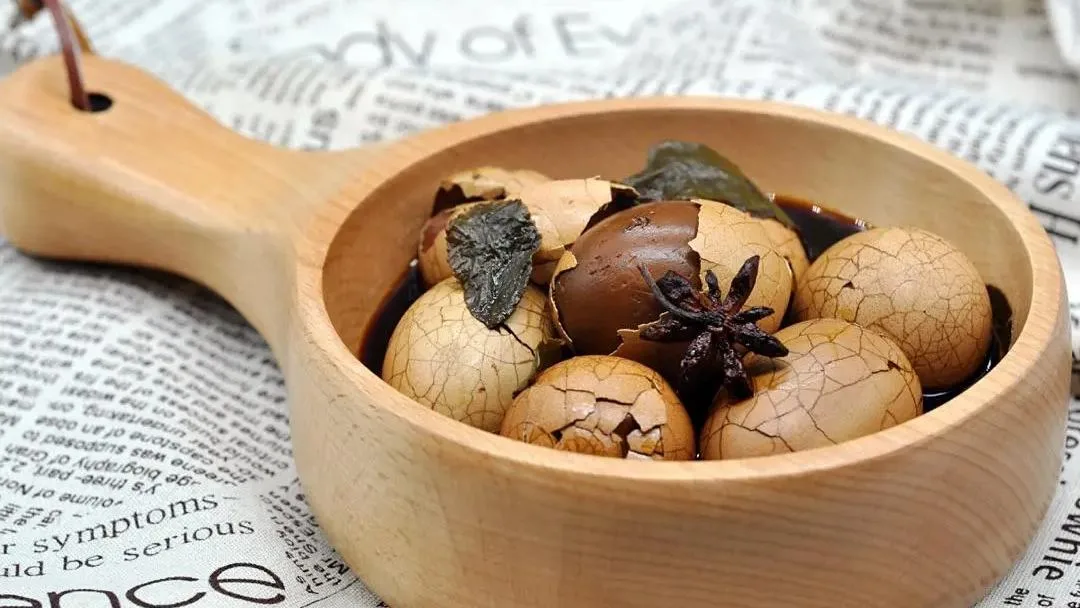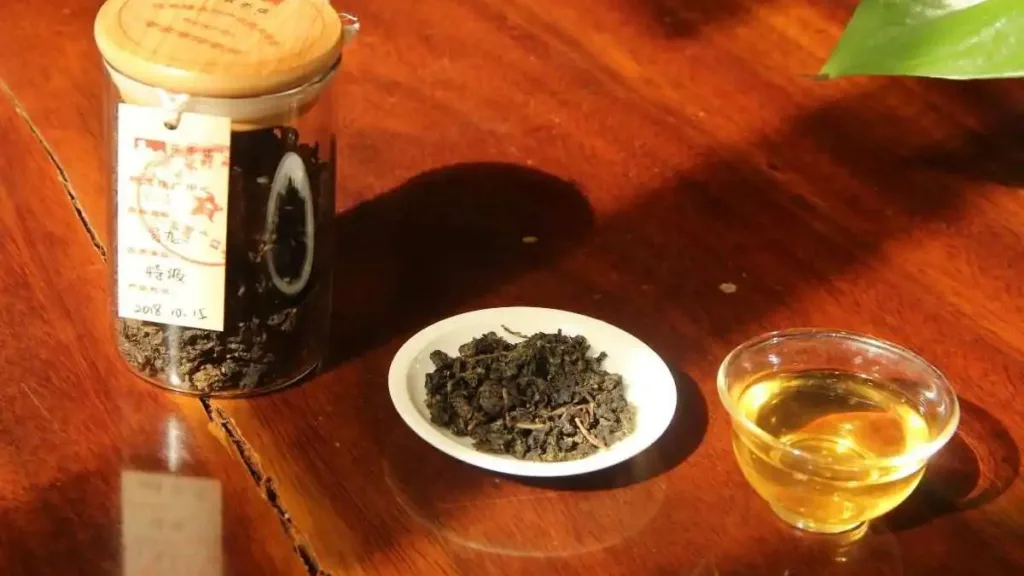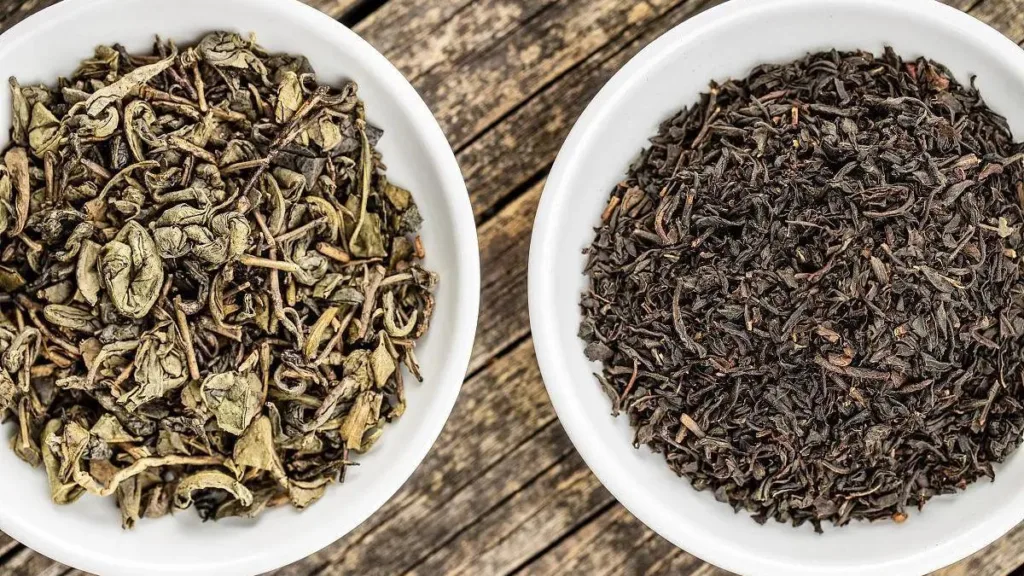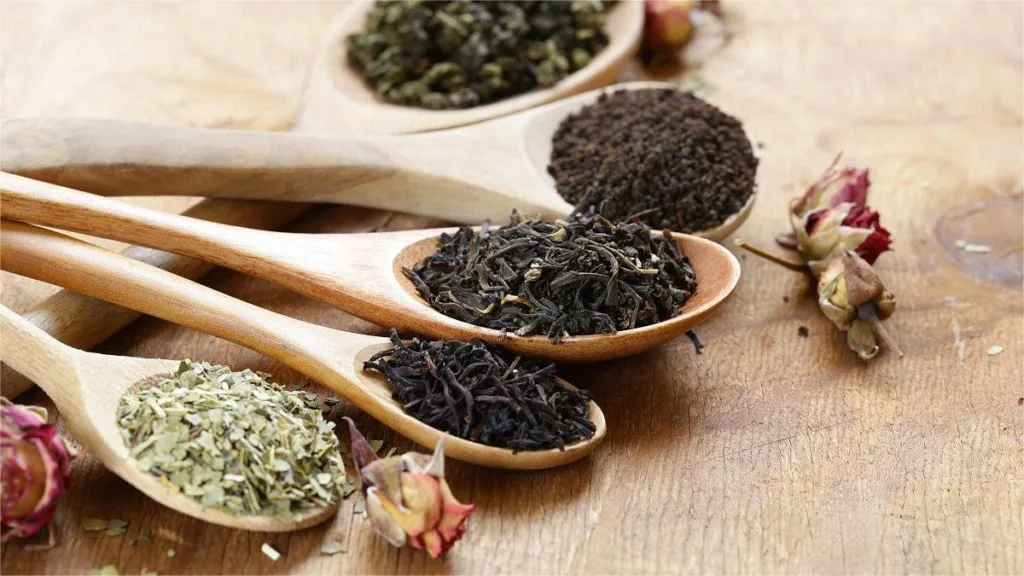In various regions of China, especially in places like Anhui province, a customary practice during the Spring Festival is the consumption of tea eggs. But why do people eat them? Let’s delve into the details and explore the cultural and symbolic significance of this practice.
Tea Eggs: Culinary Treasures During Chinese New Year
On the first day of the Chinese New Year, residents in places like Feixi indulge in a unique tradition known as “eating Yuan Bao” or, in essence, savoring tea eggs. The term “Yuan Bao” refers to ancient Chinese currency, and consuming tea eggs during the New Year is colloquially referred to as “getting Yuan Bao.” During New Year’s greetings, partaking in the act of “eating Yuan Bao” is considered auspicious. The cracked surface of the tea egg symbolizes the anticipation of good luck in the coming year.
In Anhui, the practice of eating tea eggs during the New Year carries profound meanings:
- Symbolism of Good Fortune and Reunion: The cracked exterior of the tea egg symbolizes the advent of good luck in the new year. The act of sharing tea eggs among family members represents the joy of togetherness, happiness, and the fulfillment of wishes.
- Simple and Delicious Tradition: Tea eggs are not only a symbol but also a delicious and straightforward dish that brings families together. The process of making tea eggs and sharing them enhances familial intimacy and contributes to a harmonious family environment.
- Nutritional Value and Cultural Tradition: Tea eggs are rich in protein and other essential nutrients, promoting overall health. Beyond the culinary delight, the consumption of tea eggs during the New Year embodies a cultural tradition that adds depth to the festive celebrations.
Benefits of Eating Tea Eggs:
- Mental Alertness and Appetite Enhancement: Tea eggs, being a popular Chinese snack, are known to contain tea polyphenols that stimulate the nervous system, providing mental alertness and relieving fatigue. The aromatic scent of tea enhances appetite, making it a delightful addition to festive feasts.
- Protein Enrichment: With its rich protein content, tea eggs contribute to the body’s protein requirements. They serve as a convenient and tasty source of high-quality protein, supporting overall health.
- Visual Health and Beautification: Tea eggs contain components like fat-soluble vitamin A, known for its role in enhancing visual health and contributing to skin improvement. The presence of tea polyphenols adds a beautifying aspect, making tea eggs a holistic choice.
Pros and Cons of Tea Egg Consumption:
Pros:
- Nutrient Absorption: Tea eggs incorporate tea leaves and various spices, enhancing the flavor and nutritional content. The infusion of tea polyphenols and other nutrients from the added ingredients makes tea eggs a wholesome treat.
Cons:
- High Salt Content: Tea eggs are often salty, contributing to increased sodium intake, which can be detrimental to health. Excessive salt consumption is linked to various health issues.
- Extended Cooking Time: Prolonged boiling of tea eggs can result in a tough egg white texture, making them harder to digest.
Long-Term Impact: The long-term benefits of consuming tea eggs include providing the body with high-quality protein, enhancing immunity, and promoting visual health. However, excessive consumption of egg yolk may contribute to elevated cholesterol levels. Balancing the intake is key to reaping the nutritional benefits without adverse effects.
In summary, the tradition of eating tea eggs during Chinese New Year is deeply rooted in cultural symbolism, family togetherness, and the enjoyment of a nutritious and flavorful dish. As families gather to celebrate, the humble tea egg takes center stage, offering not just a culinary delight but a meaningful connection to tradition and auspicious beginnings.



